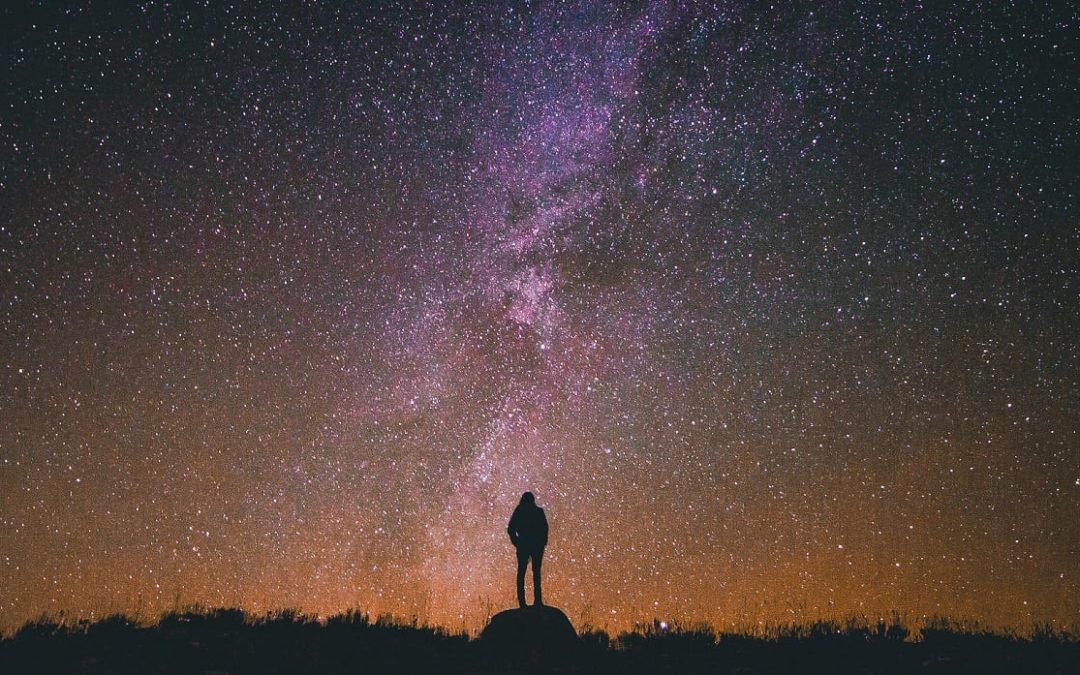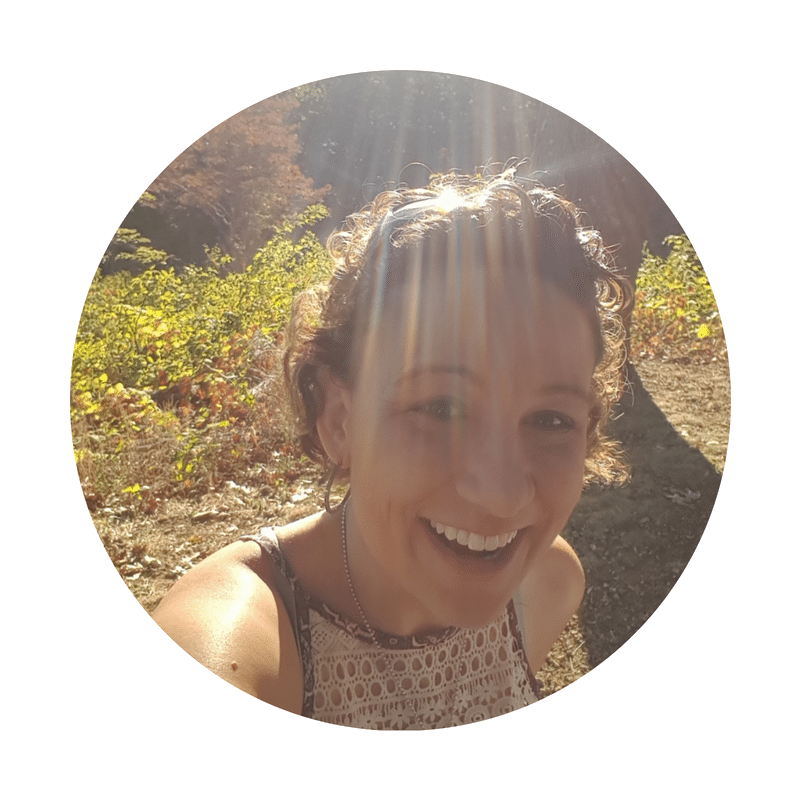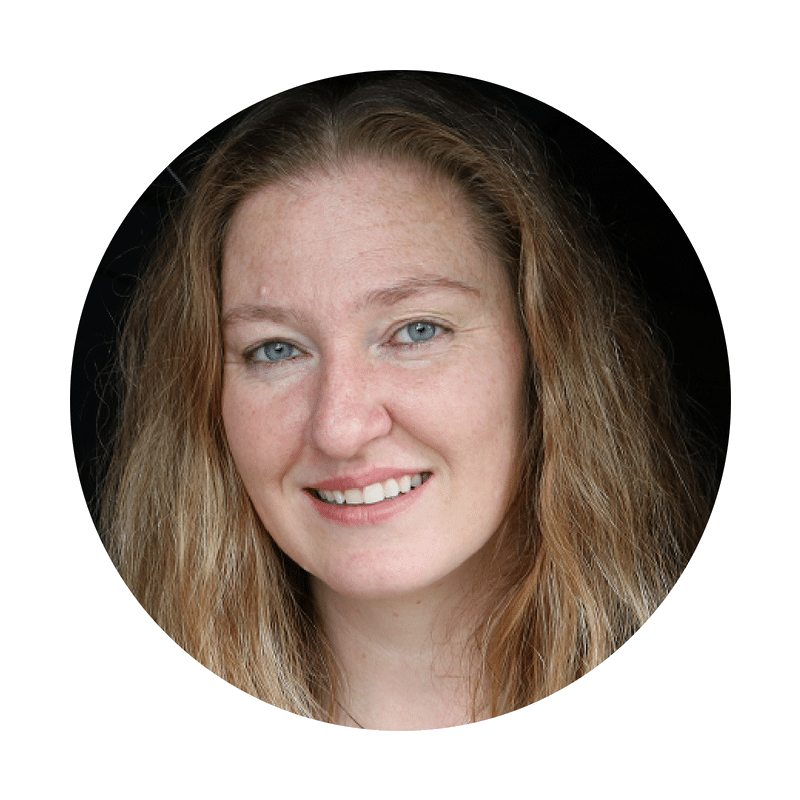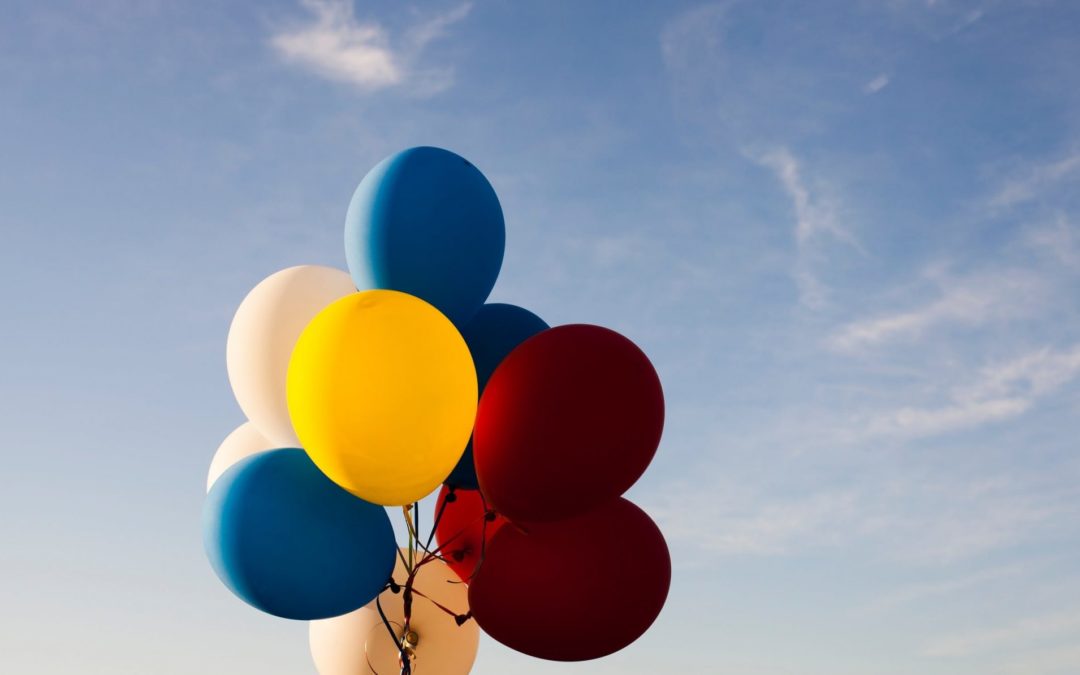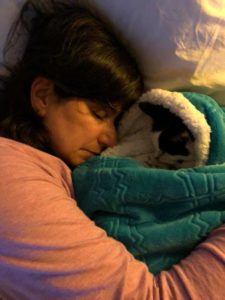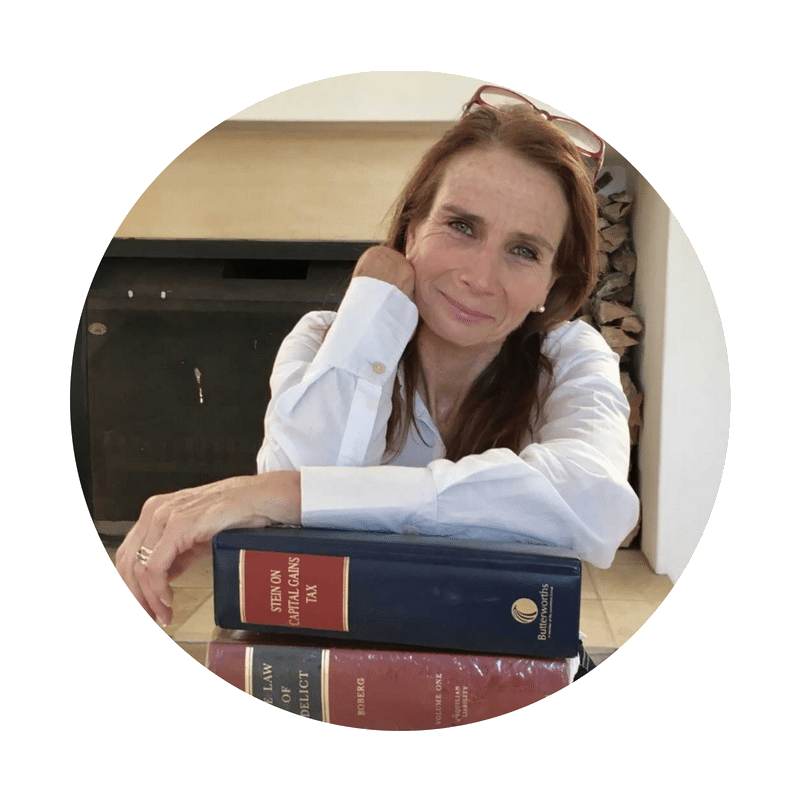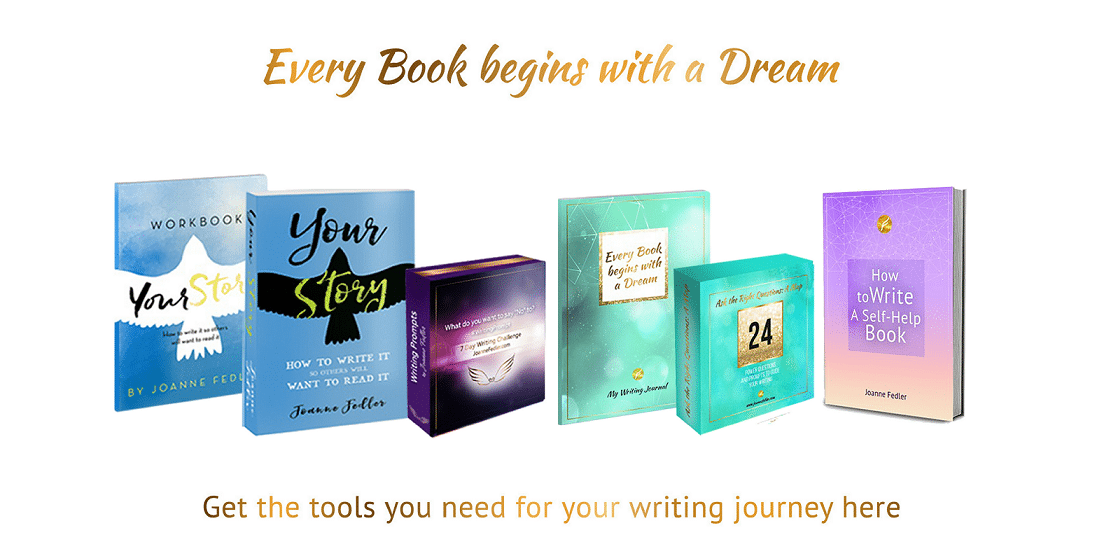
How to Write a Book: A Focus on Conviction
How to Write a Book: A Focus on Conviction
How to Write a Book Part 1: A Focus on Conviction
I have a friend whose ex-husband drove an Uber for a while. As soon as there was a surge, he’d drop everything, and jump into his car to take advantage of the higher fee. It caused chaos in their family life. She described it like a drug or gambling addiction. He responded to the surge notification with a dopamine hit and bolted out the door no matter whether they were in the middle of a family meal or socializing with friends.
As creative people, we have to be super vigilant about becoming reliant on externally generated dopamine hits, like the uber surge notification, to feed our creative process. Applause. Awards. Publishing deals. Facebook likes. Retweets. While it’s important to get feedback and to know that our work is connecting with an audience, I believe this validation must defer to something far more reliable. We cannot outsource self-trust, or what I call, conviction.
I know creative people who make a career out of self-doubt. They are always looking for someone else to tell them they’re good enough, or they have permission or they should give up their day job and go full tilt into their passion. Only if someone (in this case, a publishing house) tells them they can write a book, do they believe it (and not for long – this kind of feedback fetish requires ongoing maintenance – the ego, after all is a hungry ghost).
This distrust of self becomes a creative stutter.
So the first strength I teach aspiring authors who want to write and publish a book is this: self belief. It trumps so called ‘talent.’ It’s the foundation of finding your writing voice. And once you hold it energetically, it becomes a guardian of the creative process. Think of it this way: if you do not fundamentally believe you have something worth saying, it doesn’t matter how much of the craft you learn. You’ll never put anything you’ve written out there. What will people say and think?
What gets in the way of conviction is a complex matrix of self-limiting ideas and beliefs, including perfectionism, jealousy, comparison, people-pleasing, attachment to approval, vagueness and indecisiveness, playing small, taking feedback personally, hesitation, small-mindedness, feeling victimized by your life or circumstances and a fixed (as opposed to growth) mindset.
My signature Author Awakening Adventure shows writers how to self-diagnose if they suffer from a lack of conviction, and then elucidates the steps to take to harness self-assurance, a robust sense of self worth and self-esteem. I teach people to reframe ‘mistakes,’ ‘shames’ and ‘failures’ as rich repositories for their stories and their creative process. As the Spanish poet Antonio Machado wrote in his poem ‘Last night as I was sleeping,’ we have to ‘make sweet honey from old failures.’ What else could all our beautiful broken pieces be for?

Joanne Fedler
Author, writing mentor, retreat leader. I’m an internationally bestselling author of nine books, inspirational speaker and writing mentor. I’ve had books published in just about every genre- fiction, non-fiction, self-help, memoir – by some of the top publishing houses in the world. My books have sold over 650 000 copies and have been translated in a range of languages. Two of my books have been #1 Amazon bestsellers, and at one point the German edition of Secret Mothers’ Business outsold Harry Potter- crazy, right?
We begin by shifting our consciousness from ruthless self-critique to radical self-compassion. Once when I was spiraling into self pity about some terrible mothering mistake I had made my husband told me to ‘stop beating myself up just because it was my fault.’ Humour is a great reframer. When we can laugh – even giggle out loud – at ourselves, we lighten up. The paradox is that it’s only when we stop taking ourselves so seriously, that we actually begin to take ourselves seriously as a creative person.
The greatest strength we develop in the creative life is self-trust.
You produce something and you feel it: wow, that works. That really works.
It requires us to engage in self celebrating behaviour. To say yes to our writing. To say no to bullshit. To burrow into our intuition and to listen to its song.
I have known traditional success (book deals, #1 Amazon best sellers, international best sellers) and I have known their ugly twins – the ‘failures,’ the ‘we’re-pulping-your-book’ emails, the shitty one star reviews on Amazon. If I were to measure my worth as a writer based on either of these, I’d be flirting with the same devil – both are false positives.
Success cannot be something we let others define for us.
One of my books, Love in the Time of Contempt: consolations for parents of teenagers sold much more poorly than I had hoped, only a few thousand copies. I was bitterly disappointed given how much work I had put into not only the writing, but the launch – I’d run a campaign called A Million Connected Parents, given away free copies of the book to early adopters – it had taken up six months of my life and I invested my entire advance into the campaign.
A year after publication, long after I had gotten over the disappointment, I received an email from a woman in Korea, who wrote:
Dear Joanne,
Hello from Korea.
I have read your book(love in time of contempt)
And I’d like to say thank you so much.
I’m a mother of 32 months’ kids.
My daughter is so far until teenager.
But I was helped you.
Sometimes I left her in another room for punishment
Recently I think It’s not good.
But I don’t know how to do
In your book, I found answer.
After reading your book, I stand beside her.
It’s very good.
Thanks, Fiona
There is no algorithm that guarantees that any book will succeed or sell. So we cannot judge ourselves or our book by how it sells.
What this has taught me is that I can’t allow others to decide what value I place on my book. Not a publisher. Not reviewers. Not even buyers. You, the author, must love your book. It must be your beloved, for whom you would do anything.
When we have conviction, we don’t allow others to define what success means. Royalties are wonderful – we all want them – and godknows, authors bloody deserve them. But a book has more than commercial value in this world if it changes someone’s life.
‘In your book, I found answer…’
If you’d like to take the Author Potential Profile Assessment to see how you score on conviction, you can do so here.
If you’re ready to take your self-belief to new heights and to join the Author Awakening Adventure, you can pre-enrol for our next intake here.

